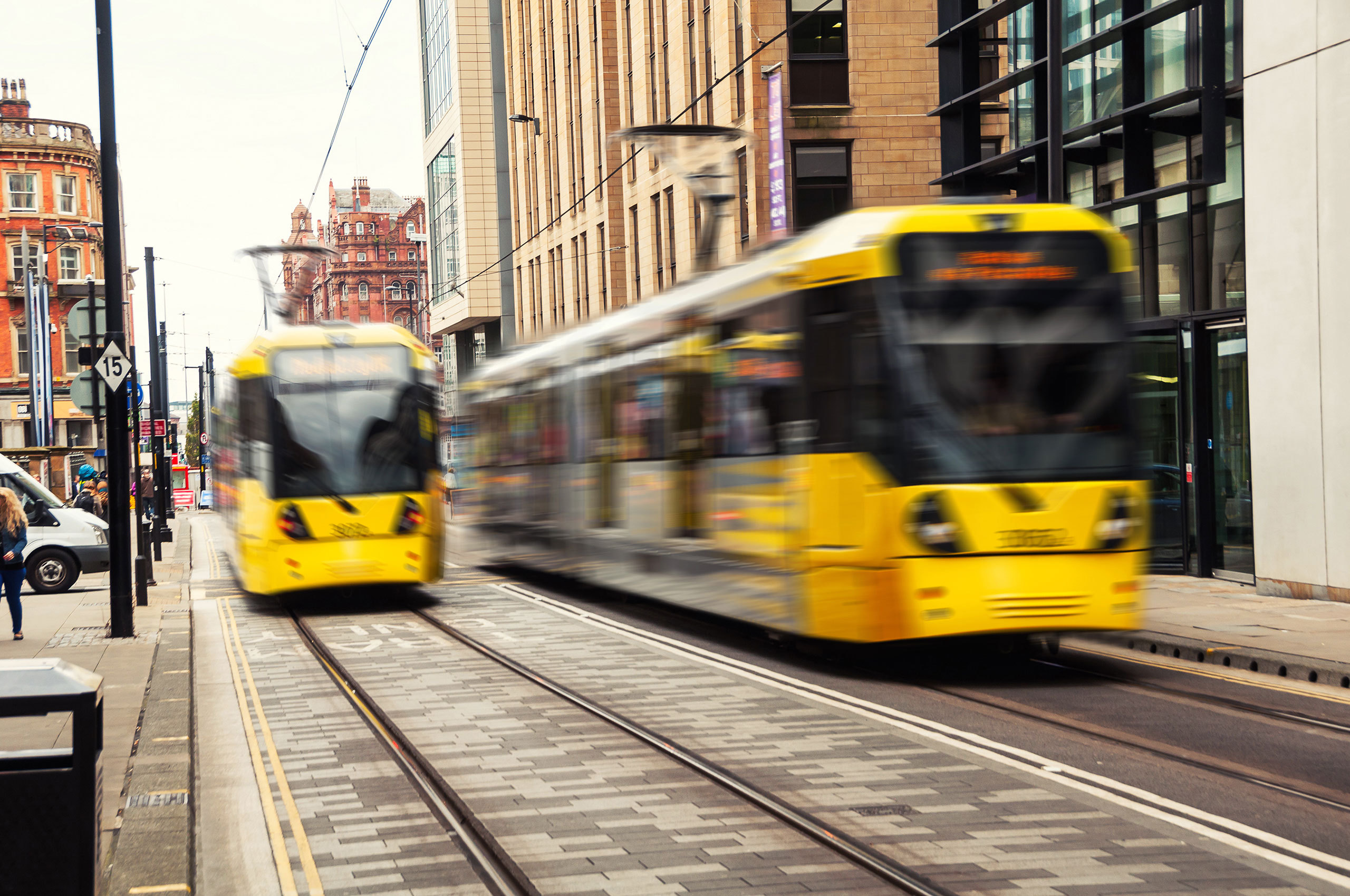Marketing Director
As a Marketing Director within an FMCG organisation you'll perform a more strategic role than the Marketing Manager and could look after a specific brand or be responsible for the marketing approach for the entire company. You will work along side the brand, innovation, category, new product development (NPD) and sales/commercial teams.
A good Marketing Director will be a leader and have the ability to inspire teams, constantly re-appraising all the marketing tools within the business to ensure they are giving the company an advantage over its competitors.The role is an instrumental one for food and drinks businesses and calls for creativity, insight and commercial acumen.
As a Marketing Director you'll be very much looking after your company's image, brand and also its market share within it’s category and with the grocery, convenience or high street retailers. You'll be making sure that your company is meeting the needs of its customers, so you'll be getting into the mind set of your shoppers/consumers and thinking about their needs. At the same time, you'll make sure that your own business is communicating and advertising what your company has to offer to meet these needs and wants.
It's a high pressure job and you'll need to be commercially aware of the way your company operates. With support from the Managing Director you will be responsible for the vision of your company's marketing strategies, whilst analysing data and working with the shopper marketing function, category management teams, new product development (NPD) and sales/ commercial teams.
To be a good FMCG Marketing Director within the food and drinks industry you need to have imagination and enthusiasm, an eye for trends and products but also be extremely commercial and have a solid understanding of profit & loss (P&L)
Salary wise the role generally pays between £80,000 to £150,000 dependant on size of business, regional variance and level of experience.
City of London
One of the world's most visited cities – founded by the Romans and named ‘Londinium’, London has something for everyone! Immersed in history with fascinating antiquity and splendour everywhere you look: London’s buildings are milestones in the city’s unique biography, World Heritage Sites and landmarks such as the Tower of London, Tower Bridge, Piccadilly Circus, St Paul’s Cathedral, Westminster Abbey, Big Ben, the Shard, the London Eye complement the architectural grandeur of the West End’s theatres, the enthralling remains of England’s many bygone eras and today’s charming society housed in the cultural hubs and public houses in and around the banks of the River Thames. Central London is where to find major museums such as the British and Victoria & Albert, galleries such as the Tate Modern and iconic sights such as the centuries-old Borough Market, and yet you can visit Hampstead Heath or the Queen Elizabeth Olympic Park to escape the crowds and even venture out to Kew Gardens, Richmond or Hampton Court Palace for excellent panoramas of London – all easily accessed thanks to the London Underground, the oldest underground railway network in the world. The modern conurbation of London includes the small district of the City of London and the county of Greater London. A leading global city with international strengths in the arts, commerce, education, entertainment, fashion, finance, healthcare, media, professional services, research and development and tourism. London's 43 universities form the highest concentration of educational institutions in Europe, helping the city to rank highly the world’s multimedia development and technology markets.
With the UK advertising industry estimated to be worth in excess of £20 billion in 2016, this puts London as a worldwide leader and powerhouse for the creative and industry. Widely regarded to host some of the best creative output in the world, it’s no surprising that the majority of marketers and creatives in the UK are based in the capital.


